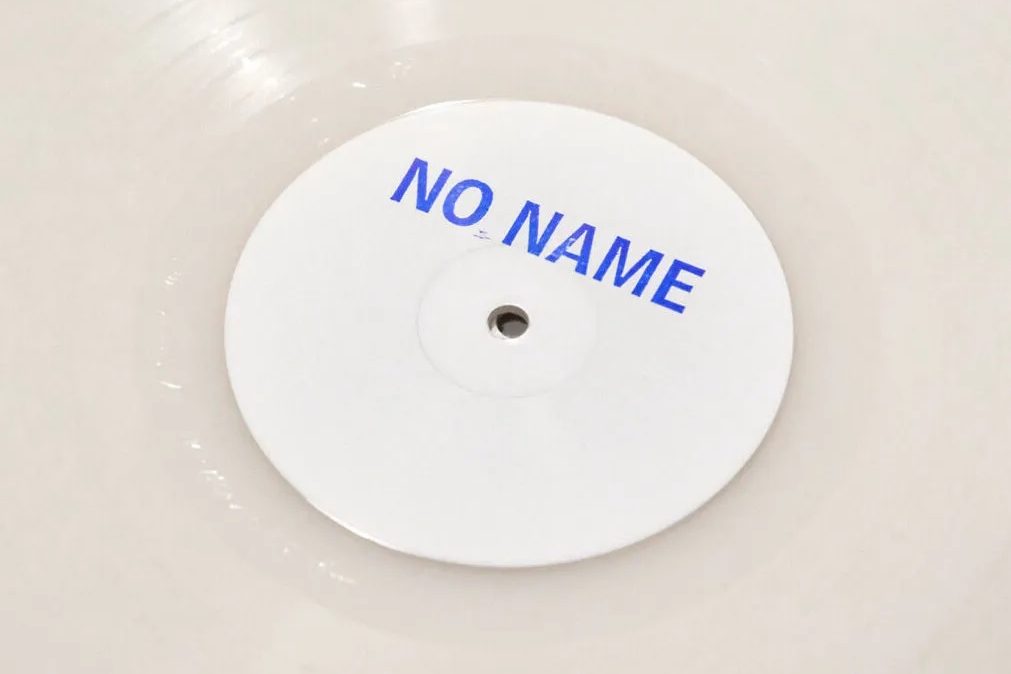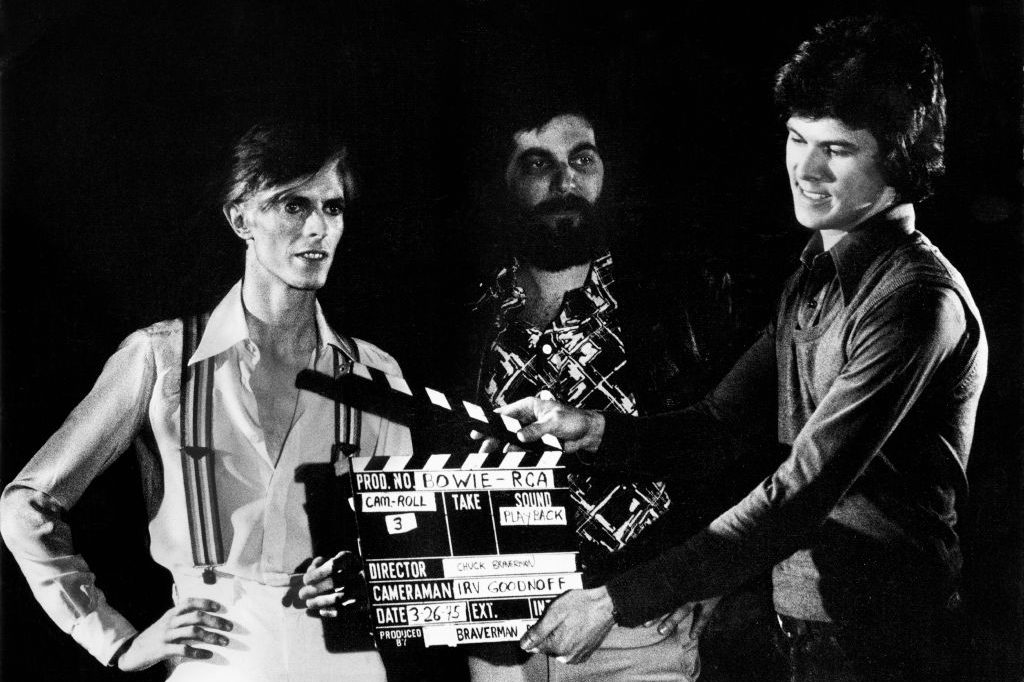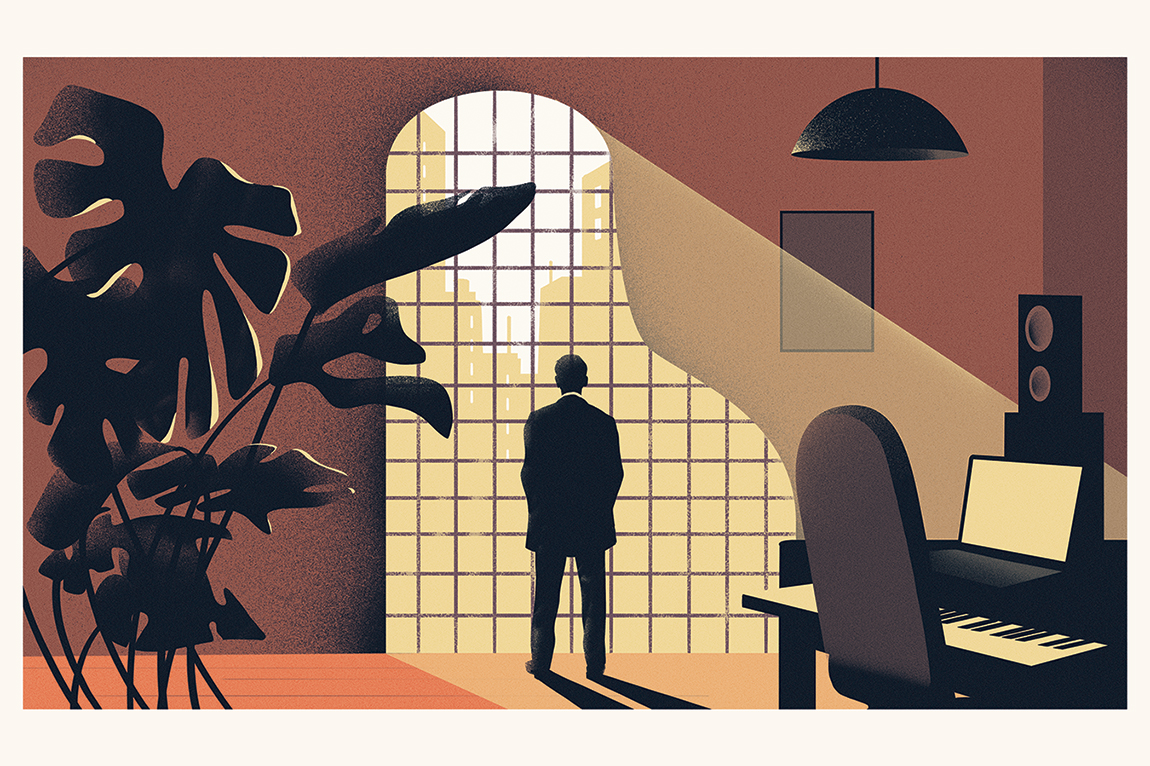The ploy of releasing an album without any advance warning comes into play when an artist feels they are being paid either too much or too little attention. The stealth arrival of Jack White’s new solo album falls firmly into the second category.
Putting out music in this way ensures additional media coverage and a certain level of intrigue
I didn’t love White’s old band, the White Stripes, back when they were a garage-rock/blues revival phenomenon in the early 2000s. Since their demise in 2011, the world seems to be coming around to this way of thinking. Their most successful albums, Elephant and White Blood Cells, hold little cultural currency these days. The band’s moment of ascendancy now seems almost dream-like, a vacuum-filling kink in the musical ecosystem, while White’s subsequent solo career has failed to set the world alight.
Time, then, for a back-to-basics reset. Two weeks ago, customers at Third Man Records shops in Detroit, Nashville and London received a complimentary twelve-inch vinyl record with their paid-for purchases. The LP came in a white sleeve with the words “No Name” printed on the cover. No artist or song titles were listed.
It rapidly transpired that the mysterious vinyl artefact was White’s sixth solo album (I’ll offer a modest cash prize for anyone who can name the previous five without using Google). Fans were encouraged to rip the thirteen tracks and share them online — which is how I heard the album. Putting out music in this way ensures additional media coverage and a certain level of intrigue, even excitement, around an album which, had it been announced months in advance accompanied by reams of hyperbole, would have struggled to raise a shrug.
A surprise album can still drum up attention, though the effectiveness of the technique has diminished through overuse. As with most things, we can blame — or thank — the internet. Radiohead took the initiative in 2007 with In Rainbows, which the band announced on their blog — how quaint — just ten days prior to its release. Initially sold online via a pay-what-you-want system, In Rainbows offered a glimpse of a potentially radical new arrangement for music distribution, one where artists recorded music independently and released it directly to their fans, bypassing the labels. This promised revolution hasn’t yet occurred. Although the direct-to-fans model is, largely through necessity, followed by many lower-profile artists, the big names have tended to stick with the economies of scale and PR power offered by traditional record companies.
Within that system, there is still fun to be had. On January 8, 2013, his sixty-sixth birthday, David Bowie dropped his first new music in almost a decade from the clearest of blue skies. “Where Are We Now?” was the first single from The Next Day, an album recorded amid a blanket of secrecy and NDAs during a period when Bowie had seemingly retired from both music and public life. Nobody — and I mean nobody — saw it coming. By keeping everything tightly under wraps, Bowie created a genuinely global news event. (The manner of his death, three years later, was choreographed in a similar fashion.)
Many more major league artists have followed suit. Beyoncé’s eponymous 2013 album appeared overnight, catching everyone off guard. Even Taylor Swift, an artist who leans towards the more traditional slow build, bowed to the new orthodoxy in 2020 with folklore, a lockdown baby released without any prior notice.
For the established artist, this tactic hopefully creates a surge of excitement in an age of jaded over-saturation. It short circuits over-hyped expectations — aka, death by poorly received advance single — and shortens the odds that listeners will engage with the entire piece of work rather than cherry pick individual songs. More prosaically, the element of surprise helps prevent leaks.
I muted the volume for ten minutes; when I unmuted, the music sounded more or less identical
The immediacy of the digital download makes all this much easier. White’s feint gains extra novelty points by stealth-releasing a physical album rather than a virtual one, albeit on a relatively small scale. This is an analogue prank: the online versions are effectively bootlegs sourced from vinyl, though a more conventional streaming release may follow in time.
And what about the music? White still isn’t really my thing, but the playful nature of the album’s release plan seems to have freed him to do what he does best: writing juicy guitar riffs set to loose, rowdy, occasionally exhilarating blues rock, much of it presumably of close interest to Led Zeppelin’s legal team. As an amusing experiment, I muted the volume for ten minutes while the album was playing; when I unmuted, the music sounded more or less identical to the last thing I’d heard.
Which is to say, I doubt No Name will convert anyone not already invested in White’s career. But at least he seems to be having fun. Most importantly, anyone in possession of a vinyl copy should look after it. Today’s stealth release is tomorrow’s pension fund.
This article was originally published in The Spectator’s UK magazine. Subscribe to the World edition here.


























Leave a Reply